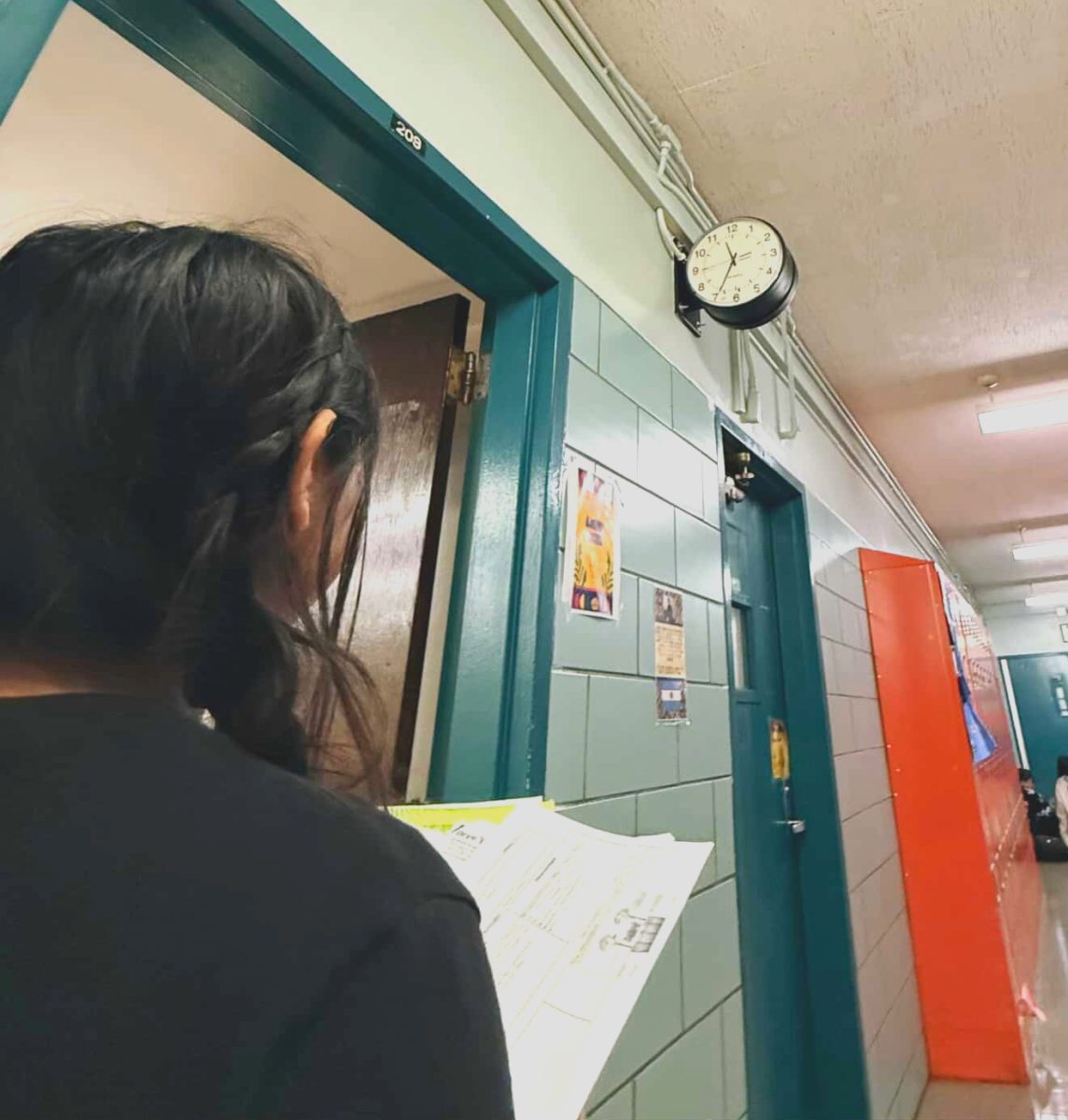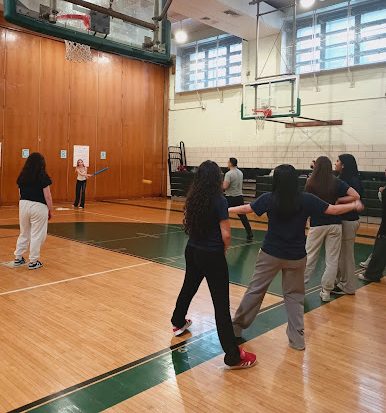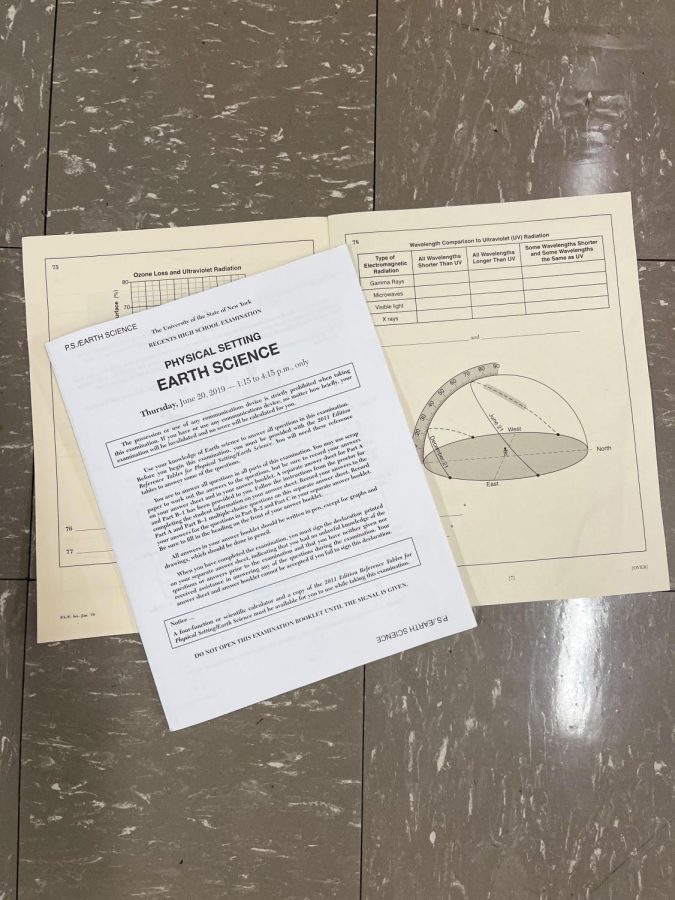Students Concern Over Regents Prep
June 8, 2022
The Covid-19 Pandemic changed many aspects of our lives, none more prominently than how students learn and experience learning. We all have classes in which we feel unprepared or struggle. Students missed out on significant learning, either in Middle School or High School, which affects what students need to learn and how prepared they are for classes.
Many students feel uneasy about our preparation for unit tests and Regents exams. Concerns include how classes are behind on the curriculum, confusion on the class topics and units, and missing out on year one subjects in a multi-year class. Despite these concerns, some teachers don’t recognize this issue and aren’t taking the necessary steps to get students up to speed. This leads to students having to take their learning into their own hands.
The issue of students feeling unprepared for a subject is a major concern. It puts students at risk of falling behind other students, and gives them additional pressure to pass a class. A class behind in the curriculum is troublesome since it puts the students at a disadvantage when taking tests such as the Regents. They will miss out on learning opportunities that a student in another school has possibly already learned. Their performance will then be lower since they don’t know certain material on the tests.
An issue of this magnitude is even more prevalent in a multi-year class, such as our foreign language classes. For students who had the first year disturbed by the pandemic, having to learn most of what was supposed to be last year’s curriculum creates a situation where we have to learn two years in one year. Then those students who cannot quickly and efficiently learn the curriculum are in a more unfavorable position for unit tests, quizzes, and Regents. This same argument can be applied to other classes in which the previous years of learning are fundamental to the current year.
Now those students who have fallen behind or cannot pick up the units as fast have to do double the work and learn topics and units on their own. The teachers have to focus on teaching two years of a curriculum in one. For example,when a teacher goes too fast over topics, switching to a new one every day, this can make the process of learning more materials harder on a day to day basis. Or a teacher simply being unclear with their explanation, then expecting the students to take tests or quizzes the same week. A teacher goes through a topic too slowly, despite being understandable due to the situation created by the pandemic, can also be a problem. A teacher needs to recognize the issue and attempt to pace themselves at a rate that allows for sufficient student comprehension of the topic, but maintains the class at a rate that allows proper preparation for the end-of-year exams such as the Regents, and guarantees individual student success – which is no small feat. This issue is most prevalent in AP level classes where the pacing is vital for the student’s ability to know everything they need to and get a week or two of review before the Regents, instead of continuing to be behind in the curriculum.
Concern has grown within the student body over our preparation for unit tests and Regents exams. Many feel that some teachers do not recognize how behind their students are and are not doing what they need to do to get them caught up. Tenth grader Kamil Rampatsingh explained, “Certain teachers are moving at a leisurely pace with our learning when we desperately need to be brought up to speed. Regents are coming up and we are behind schedule in many classes. Now some of my friends feel the need to study on their own.”
Alarms should be going off. This issue could prove to be devastating for our students’ academic performance. There is an incredibly difficult yet vital balance that both students and teachers have to work together to find.



























